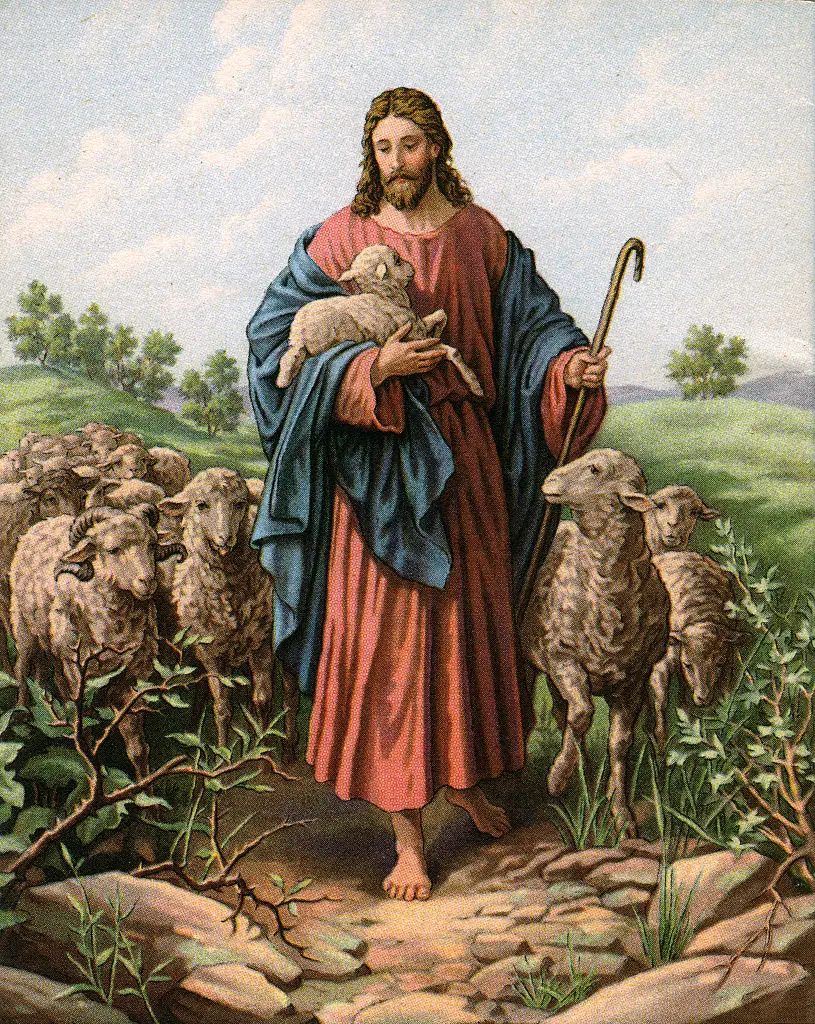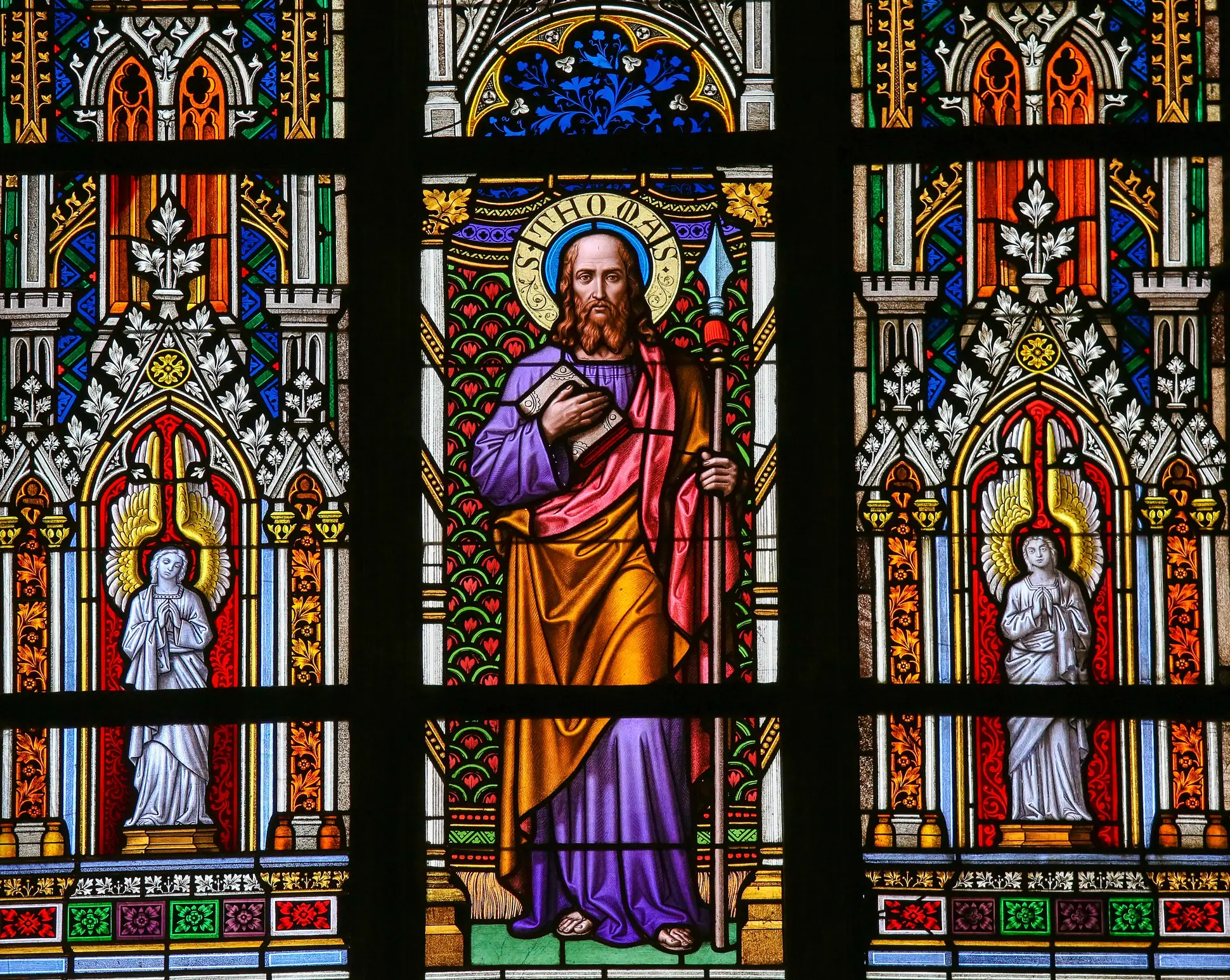
A 'forgotten gospel' that challenges the very foundations of Christianity has come to light 80 years after its discovery.
The book was omitted from the Bible, having supposedly been written between 1,600 and 2,000 years ago. It seemingly portrays Jesus Christ completely differently from the orthodox texts that people around the world are familiar with.
It's called the Gospel of Thomas, and many believe that Jesus' apostle wrote it under the same name, though he was also known as Didymus.
However, there are noticeable differences between this text and the four Gospels recognised by the Catholic Church.
Advert
These are the Gospels of Matthew, Mark, Luke, and John. While they all differ in conveying different messages of Jesus' teachings, they all include stories of Jesus' life, death, and resurrection.
But the Gospel of Thomas has none of these.

This text doesn't have any miracles or stories, but instead 114 cryptic statements and teachings, claimed to be from Jesus himself, some of which can even come across as poetic.
Discovered in 1945 by some farmers in Nag Hammadi Egypt while they were looking for treasure, they weren't best pleased to find a jar of ancient texts.
However, it would turn out to be more valuable than they could have dreamed, as one of the texts reportedly read: “These are the secret sayings which the living Jesus spoke and which Didymos Judas Thomas wrote down,” ending with: “The Gospel According to Thomas.”
Thomas is known as 'doubting Thomas', having initially failed to acknowledge Jesus' resurrection until he had hard physical evidence.
The claims made in the texts were brought to light again by content creator Nick Di Fabio on social media, according to Mail Online.

Writing on X, he claimed that 'it challenged everything the Church taught', as it supposedly sold the idea that believers don't need a church, just inner awareness and self-discovery, the outlet continues to say.
One key message read: "The kingdom is within you, and it's outside of you," not in buildings or rituals, directly challenging the Church's original beliefs around priests, temples and hierarchy.
One of the most controversial aspects of the text is saying three, though: "If those who lead you say to you, 'See, the kingdom is in the sky,' then the birds of the sky will precede you.
"If they say to you, 'It is in the sea,' then the fish will precede you. Rather, the kingdom is inside of you, and it is outside of you."
The traditional Bible does state that 'the kingdom is within you', but the way it is written in the overall message here has caused debates for years, suggesting that the Kingdom of God is a spiritual reality and not a place to be found.
So why it isn't officially recognised by the Catholic Church?

Well, according to Bartehrman.com, it differs massively from the canonical gospels, which all present a narrative of Jesus' life, while the Gospel of Thomas is only attributed to Jesus.
As well as this, the book's authorship has also been hotly contested, as it is debated whether the book is from the mid-first century or the second century, with the former being around the time the New Testament was written.
CrossExamined.com also claims that because of this, the likelihood that Thomas or one of his associates had written it is slim as a few scholars have suggested that it depends on both the New Testament and Diatessaron, with the latter being produced in AD 170, which would make the book much older.
However, it is also worth noting that interpretations of religious texts can vary from person to person, so it is best to take it all with a pinch of salt.
Topics: Religion, World News